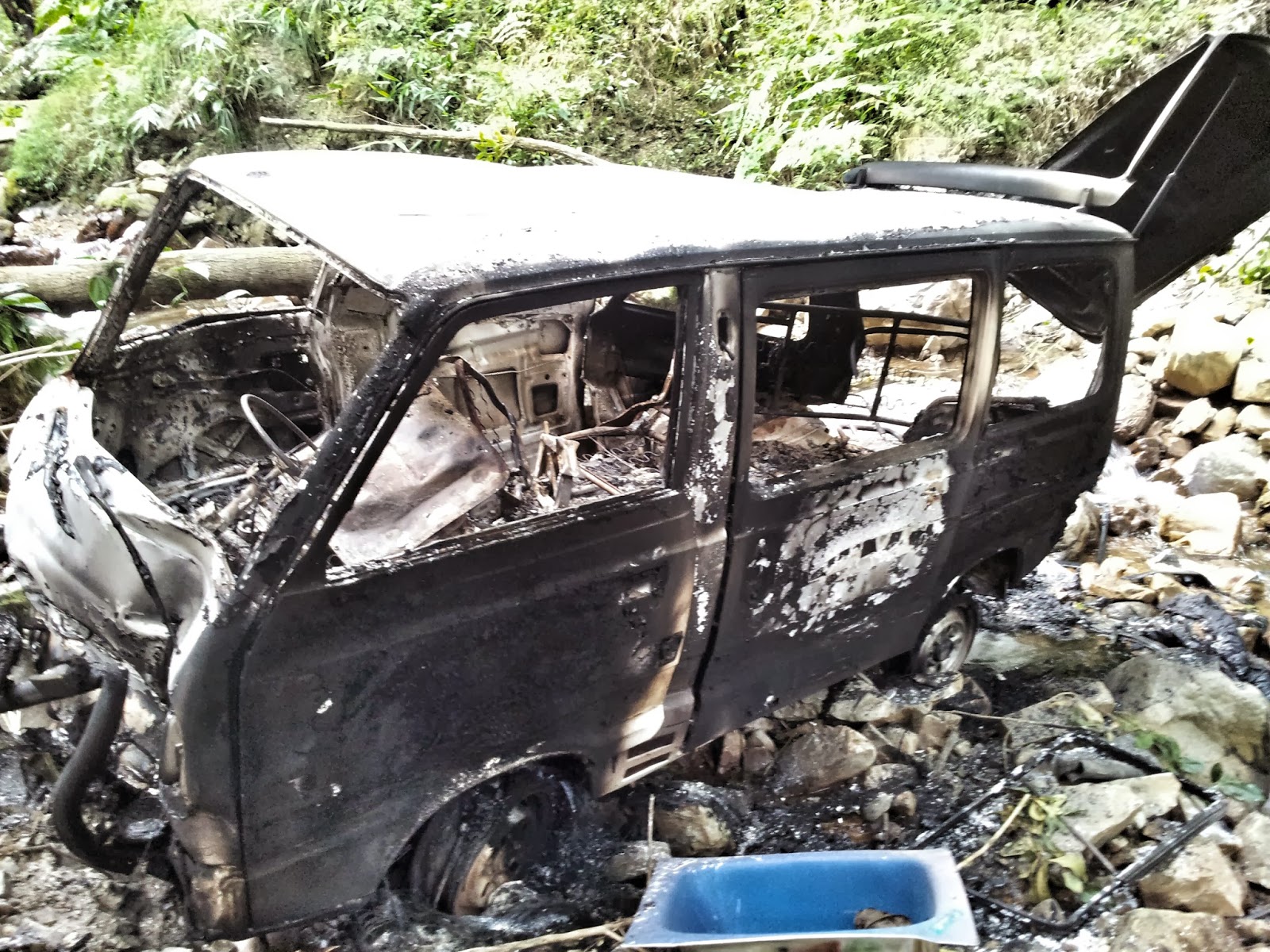Hardly a month ago, a Chorten (stupa)
in Dhakphel, around 18 KMs from Zhemgang towards Tingtingbi met the brutal fate
like its several other mates- VANDALISM!!!
 |
| The Chorten in Dakphel, divested of its Zung |
The Chorten is located just by
the road and there are houses quite nearby. The one who vandalized must have
gathered a hell lot of nerves while performing the unwholesome act. Any time, a
vehicle could have passed by or people residing nearby could have caught him
digging!!! He was such a brave man!!!
But the unfortunate reality is
that he misused his moral fiber. Had he used the same amount of courage to pursue
a decent vocation rather than wrecking a religious artifact, he could have led
a dignified life. Now, his conscience would not allow him to remain at peace,
unless he is suffering from kleptomania and has committed similar crimes
repeatedly.
 |
| Source: kuenselonline |
There figure above shows that there were 761 cases of chorten vandalism from 2008-2012 alone, which means, there would have been numerous other cases before 2008 and after 2012.
Hence, with such crimes on the rise, we
need to look for measures to safeguard our sacred artifacts in the vulnerable
parts of our country and also, it would be wiser to rethink constructing such
artifacts in places far from settlements. Creating awareness about the fate of such callous act, both legal and spiritual and installing less tempting Zungs into the Chorten, as discussed in the National Council in September, last year might work, perhaps. Meanwhile, we may also think of streamlining the
construction of such piece whereby certain safety measures are incorporated so
that we don’t lose our spiritual wealth to the heartless crooks.














